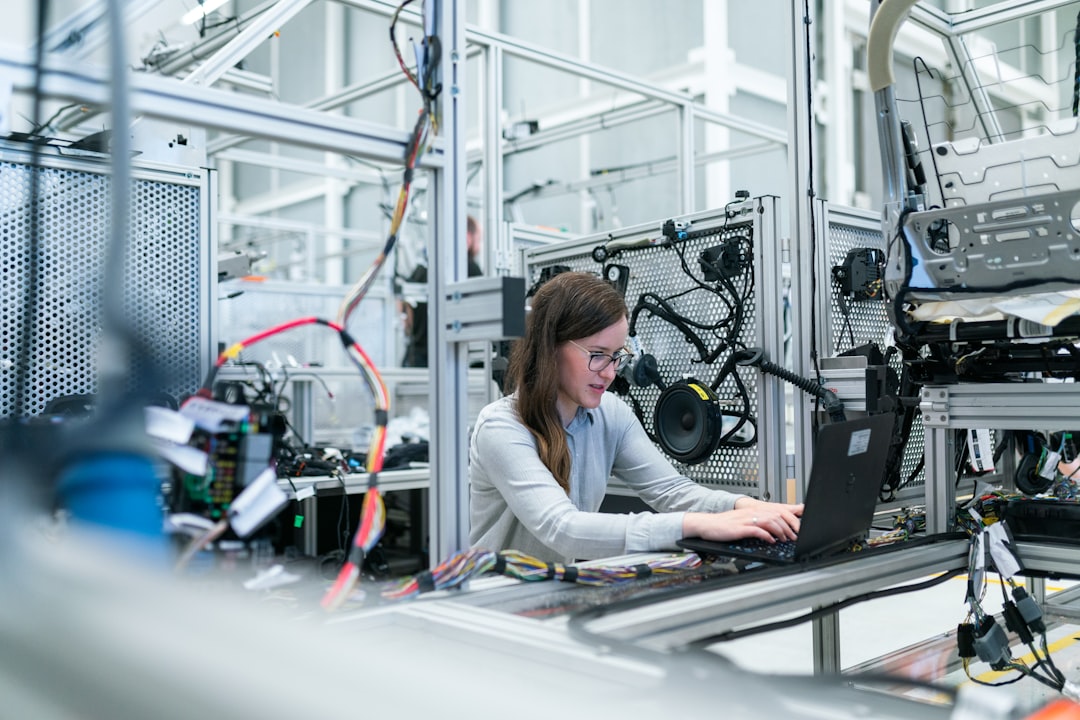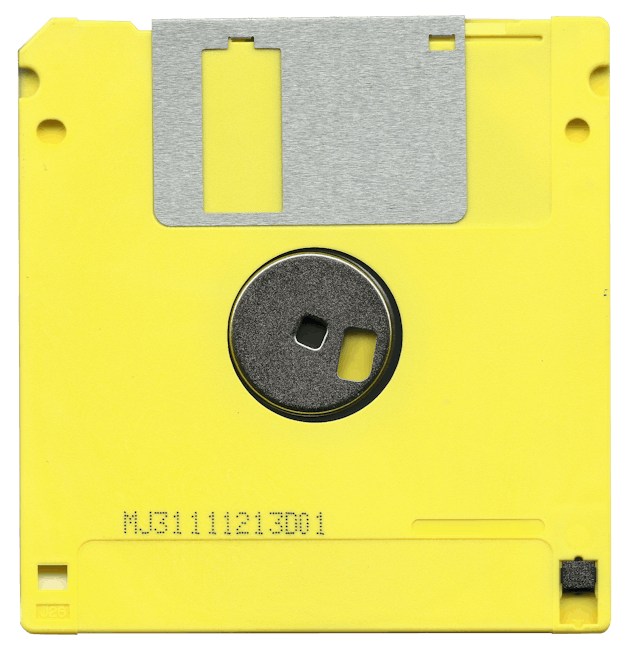Unlock encrypted content
Please enter your SSCE key to initiate on-the-fly decryption.
Decryption key: (Click cancel if you don't have the key)
Copied link to clipboard.
This feature is unavailable for free accounts. Upgrade now and enjoy all Premium benefits.
Go Premium!
This feature is unavailable for free accounts. Upgrade now and enjoy all Premium benefits.
Go Premium!
Please open this page in browser ( Google Chrome or Safari ) to use this feature.
Open In Browser
Emerging Technologies: Exploring the Limitations and Potential of NAS, BCIs, Smart Contracts, and More
Random related video for this blog.
Copied share link to clipboard.
From Brain-Computer Interfaces (BCIs) to Smart Contracts, these innovations hold immense potential for revolutionizing various industries and enhancing our daily lives. However, it is essential to understand the limitations and challenges that accompany these advancements. In this article, we will delve into the intricacies of NAS, BCIs, Smart Contracts, and other emerging technologies, exploring their possibilities and examining their current constraints.
The Limitations of NAS (Network Attached Storage)
NAS, or Network Attached Storage, is a file-level storage architecture that provides centralized data storage and access to multiple users over a computer network. While NAS offers several advantages, including ease of use and scalability, it also has its limitations. One of the key constraints of NAS is its dependency on network connectivity. In scenarios where the network is down or experiencing latency, accessing files stored on NAS can become challenging or even impossible. Another limitation of NAS is its inability to efficiently handle large-scale data storage and processing. As data volumes continue to grow exponentially, traditional NAS systems may struggle to provide the necessary performance and storage capacity, leading to potential bottlenecks and reduced efficiency. Furthermore, NAS typically relies on traditional hard disk drives (HDDs), which have slower read and write speeds compared to solid-state drives (SSDs), impacting overall system performance. To overcome these limitations, organizations can explore innovative solutions such as cloud-based NAS. By leveraging cloud storage providers like FileLu, businesses can benefit from scalable and reliable storage, eliminating the need for on-premises infrastructure maintenance. FileLu's cloud storage offers flexible plans, ranging from 128 GB to a whopping 500 TB, catering to various storage requirements at affordable prices.Unlocking the Potential of Brain-Computer Interfaces (BCIs)
Brain-Computer Interfaces, or BCIs, represent a groundbreaking field that enables direct communication between the human brain and external devices. These interfaces hold tremendous potential inimproving the lives of individuals with disabilities, revolutionizing healthcare, and enhancing human-machine interaction. However, BCIs still face significant limitations that impede their widespread adoption and full realization of their potential. One of the primary challenges of BCIs lies in the complexity and accuracy of interpreting brain signals. While researchers have made remarkable progress in decoding brain activity, there is still much to learn about the intricacies of the human brain. Achieving precise and reliable signal interpretation remains a significant hurdle, limiting the usability and functionality of BCIs. Additionally, BCIs often require invasive procedures, such as implanting electrodes directly into the brain, to achieve optimal signal acquisition. These procedures carry inherent risks and ethical considerations, making widespread adoption a complex endeavor. However, advancements in non-invasive techniques, such as electroencephalography (EEG), offer promising alternatives that mitigate some of these challenges. Despite these limitations, BCIs have already demonstrated remarkable capabilities. For instance, they have enabled paralyzed individuals to regain mobility and control robotic limbs through neural signals. In the future, BCIs could potentially revolutionize various industries, including gaming, virtual reality, and neurofeedback therapy. By further refining signal acquisition techniques and investing in research, BCIs hold the promise of transforming the way we interact with technology and enhancing human capabilities.
The Power and Limitations of Smart Contracts
Smart contracts, powered by blockchain technology, have gained significant attention for their potential to revolutionize traditional contractual agreements. These self-executing contracts eliminate the need for intermediaries, enhancing transparency, security, and efficiency. However, like any emerging technology, smart contracts have their limitations and challenges. One of the primary limitations of smart contracts lies in their inherent immutability. Once a smart contract is deployed, it becomes nearly impossible to modify or rectify any errors or vulnerabilities. This lack of flexibility can be problematic, especially in situations where unforeseen circumstances or errors occur, necessitating contract modifications or reversals. Additionally, smart contracts are only as reliable as the underlying blockchain network. If the blockchain network encounters congestion or suffers from scalability issues, smart contract execution can be delayed or disrupted. Moreover, the complexity of programming smart contracts requires specialized skills and expertise, limiting accessibility and adoption among non-technical users. Despite these limitations, smart contracts have already demonstrated their potential in various domains. For instance, they can streamline supply chain management by automating and validating transactions, reducing administrative overhead and ensuring transparency. Smart contracts also hold promise in the realm of decentralized finance (DeFi), enabling secure and efficient peer-to-peer financial transactions without the need for intermediaries.Exploring the Future of Emerging Technologies
As emerging technologies continue to evolve, it is crucial to recognize their limitations while exploring their immense potential. From NAS to BCIs, Smart Contracts, and beyond, these innovations have the power to reshape industries, enhance human capabilities, and drive societal progress. By addressing the current constraints and investing in further research and development, we can unlock the true potential of these technologies and pave the way for a future where human-machine connection reaches new heights.Frequently Asked Questions (FAQs)
Question: What is FileLu? Answer:
FileLu is a cloud storage provider offering scalable and reliable storage solutions for individuals and businesses. With flexible plans ranging from 128 GB to 500 TB, FileLu caters to various storage needs at affordable prices. To explore their services, visit filelu.com.
Question: Can FileLu handle large file transfers? Answer:
Absolutely! FileLu offers large file transfer capabilities, allowing users to send files up to 250 GB in size. Whether you need to share large media files or collaborate on extensive projects, FileLu has you covered.
Question: Are there free plans available on FileLu? Answer:
Yes, FileLu offers free plans starting from 10 GB of storage. Additionally, there is a referral program that allows you to increase your storage capacity up to 1024 GB. Visit filelu.com to explore their free and premium plans.
Case Studies Case Study 1: Transforming Healthcare with BCIs A leading medical research institute partnered with a BCI manufacturer to explore the potential of brain-computer interfaces in healthcare. By leveraging BCIs, they aimed to develop a non-invasive solution to assist individuals with locked-in syndrome, enabling them to communicate and regain some level of independence. Through extensive research and development, they successfully created a prototype that allowed patients to spell out words by simply imagining the movement of their fingers. This breakthrough technology has the potential to revolutionize the lives of individuals with severe motor disabilities. Case Study 2: Enhancing Supply Chain Efficiency with Smart Contracts A global logistics company implemented smart contracts to streamline their supply chain operations. By leveraging blockchain technology, they automated and validated transactions, eliminating the need for manual verification and reducing administrative overhead. This resulted in significant cost savings, improved transparency, and enhanced trust among stakeholders. Additionally, the immutable nature of smart contracts ensured the integrity and security of the supply chain, reducing the risk of fraud and counterfeit products. Case Study 3: Optimizing Data Storage with NAS A rapidly growing technology company faced challenges with their traditional file storage infrastructure. The increasing volume of data and the need for seamless access from multiple locations led them to explore NAS solutions. By implementing NAS, they achieved centralized data storage and simplified access for their distributed workforce. This not only improved collaboration and productivity but also provided scalability for future growth. To ensure data security and reliability, they opted for cloud-based NAS solutions, leveraging FileLu's flexible and affordable storage plans. In conclusion, emerging technologies such as NAS, BCIs, and Smart Contracts hold immense promise for transforming various industries and enhancing the human experience. While these technologies face limitations, continuous research, innovation, and investment can help overcome these challenges and unlock their full potential. As we navigate the ever-evolving technological landscape, it is crucial to embrace these advancements responsibly and harness their power for the betterment of society.
By Amelia Isabella
Email: [email protected]
Related
Brain-Computer Interfaces (BCIs) Revolutionizing Human-Computer Interaction.
July 28, 2023
Read More
Cloud Storage: Streamlined File Sharing Workflows, Real-time Collaboration, and Advanced...
June 1, 2023
Read More
Simple Cloud Storage Platform with Real-Time System Monitoring and Biometric...
May 30, 2023
Read More
Advanced File Management Features in a Highly Available Cloud Infrastructure.
June 2, 2023
Read More
FileLu Cloud Storage: Advanced Encryption Algorithms and Data Sharing Permissions...
June 1, 2023
Read More
Popular
Effective Project Management Software for Remote Work: Ensuring Data Security...
May 11, 2025
Read More
Exploring the Future of File Sharing: Augmented Humans, Cryptocurrency, and...
May 14, 2025
Read More
Efficient Cloud Storage Solutions for Creative Professionals and Businesses in...
June 4, 2025
Read More
Latest
Efficient Cloud Storage Solutions for Creative Professionals and Businesses in...
June 4, 2025
Read More
Exploring the Future of File Sharing: Augmented Humans, Cryptocurrency, and...
May 14, 2025
Read More
Effective Project Management Software for Remote Work: Ensuring Data Security...
May 11, 2025
Read More
Innovative File Collaboration and Secure Cloud Storage Solutions for Modern...
April 27, 2025
Read More
The Future of Technology: Automation, Cybersecurity, and Collaborative Innovations in...
April 20, 2025
Read More
The Future of Technology: Exploring AI, Biotechnology, and Revolutionary Data...
April 9, 2025
Read More
The Future of Data Management: Exploring Cloud Storage, Voice Assistants,...
April 6, 2025
Read More
The Future of Technology: Exploring Emerging Innovations and Their Impact...
March 30, 2025
Read More



























